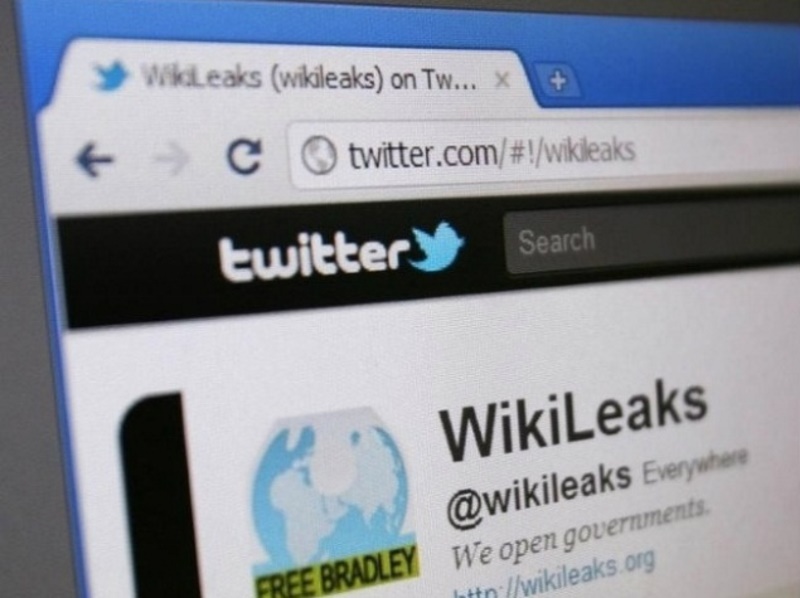 WikiLeaks Proposes Tracking Verified Twitter Users’ Homes, Families and Finances
WikiLeaks Proposes Tracking Verified Twitter Users’ Homes, Families and Finances
WikiLeaks wants to start building a list of verified Twitter users that will include highly sensitive and personal information about their families, their finances and their housing situations.
“We are thinking of making an online database with all ‘verified’ twitter accounts & their family/job/financial/housing relationships,” WikiLeaks tweeted Friday.
The disclosure organization run by Julian Assange claims that the information will be used for an artificial intelligence program. But Twitter users immediately fired back, saying that WikiLeaks would use the list to take political vengeance against those who criticize it.
Twitter “verifies” certain users, such as world leaders, nonprofit organizations and news outlets, with a blue check mark beside their names so that other users of the service can be confident about the poster’s identity. WikiLeaks, which itself has a verified Twitter account, did not say whether it would subject itself to the scrutiny it was proposing. (It was also unclear whether, under its plan, WikiLeaks would seek to uncover information about the financial lives of Russian President Vladimir Putin or President-elect Donald Trump, both of whom are verified on Twitter.)
Asked by journalist Kevin Collier why it needed to build a database of dossiers, WikiLeaks replied that the database would be used as a “metric to understand influence networks based on proximity graphs.”
But the proposal faced a sharp and swift backlash as technologists, journalists and security researchers slammed the idea as a “sinister” and dangerous abuse of power and privacy.
“This is a good plan. If you’re Darth Vader,” Matthew Green, a professor who teaches cryptography at Johns Hopkins University, tweeted.
Timothy Berners-Lee, the inventor of the World Wide Web, compared the WikiLeaks proposal to a piece of British legislation that has been criticized as a massive boon to the surveillance industry.
“Don’t.even.think.about.it,” he tweeted.
Even the so-called “hacktivist” organization Anonymous lined up against WikiLeaks.
“This is a sickening display of intimidation tactics,” it said, tagging the official Twitter accounts for the social network, its support team and chief executive Jack Dorsey.
Some read WikiLeaks’s suggestion as implying the threat of harassment or violence.
“Isn’t threatening to dox hundreds of thousands of Twitter users a TOS violation?” wondered Anil Dash, a tech entrepreneur. (To “dox” a person is to release documents related to his or her personal life in a way that potentially endangers that person’s safety.)
“Shnd’t have to say, but leaking *&data collection* for harassment etc have nothing in common with legit disclosures in the public interest,” said David Kaye, a California-based United Nations special rapporteur on freedom of expression.
As for Twitter itself, the social network warned in a statement that WikiLeaks risked running afoul of its platform policies if it published personal information publicly. “Posting another person’s private and confidential information is a violation of the Twitter Rules,” the company told The Washington Post.
WikiLeaks did not respond to a request for comment on Twitter’s statement.
WikiLeaks had already been in the news this week as US intelligence officials said they had information proving a link between the organization and the Russian hackers suspected of breaking into the Democratic National Committee’s emails in an attempt to sway the presidential election.
© 2016 The Washington Post
For the latest coverage from the Consumer Electronics Show in Las Vegas, visit our CES 2017 hub.
Tags: WikiLeaks, Twitter, Social, Julian Assange
[“source-smallbiztrends”]













